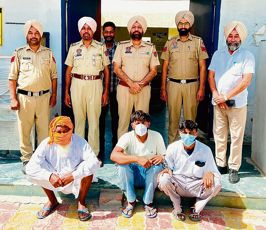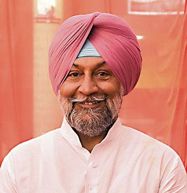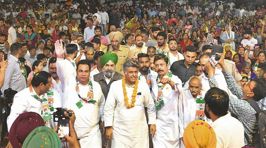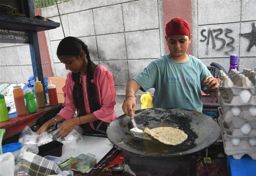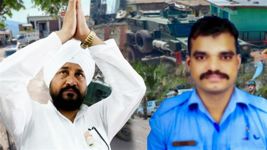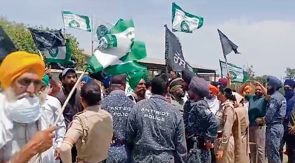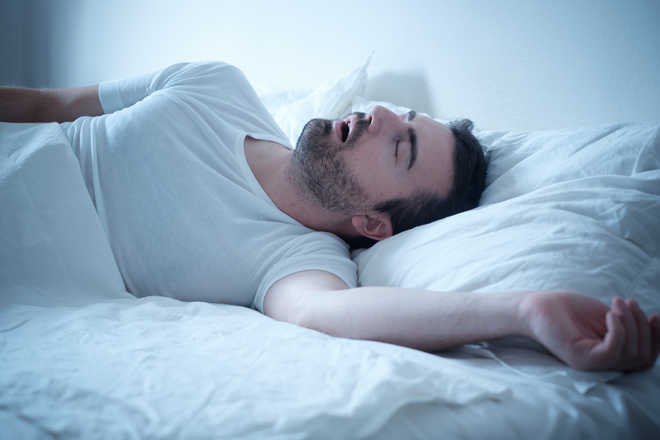
For representation. File photo
WASHINGTON
With vehicles today being only partially automated, the requirement for the human driver to stay alert, monitor the road, and take over at a moment’s notice leaves drivers more susceptible to sleepiness—especially when they’re sleep-deprived, according to a NASA study.
The research conducted at NASA’s Ames Research Center in California’s Silicon Valley aims to help understand how humans interact with autonomous systems, such as those used in aircraft and in spaceflight systems.
“The bottom line is not that self-driving cars are more or less safe than manually driving,” said Erin Flynn-Evans, director of the Fatigue Countermeasures Lab at Ames.
“It’s that when people don’t get enough sleep, they are vulnerable in both driving scenarios,” he added.
The team looked at whether people on their ordinary sleep schedules would show more sleepiness supervising a self-driving vehicle, compared to manually controlled driving. They found many of them had much less than the recommended seven to eight hours of sleep per night in the week before the study.
Participants in three separate experiments completed two 48-minute sessions in a driving simulator. In one condition, they had full control of the simulator’s steering wheel, gas pedal, and brake.
In another, they used self-driving mode and had no control of the vehicle dynamics but were instructed to keep their hands on the steering wheel while monitoring the vehicle. On a screen in front of them, all participants saw a flat, monotonous, two-lane road in the countryside roll by, with little traffic and no stop signs or traffic lights.
The results showed that when supervising—rather than actively operating—the vehicle, participants reported feeling sleepier and showed increased signs of “nodding off”. They also showed slower reaction times compared to actively driving the car. And the more sleep-deprived a person was, the stronger these effects were.
The researchers will apply this knowledge to their work in aviation. Since astronauts, too, will likely have highly automated procedures for the Artemis lunar missions and eventual Mars missions, NASA is using this study to help design such procedures and related policies, including scheduling enough time for those astronauts to sleep.
“Our goal is to help NASA understand where there are important targets for future research concerning pilots and astronauts,” said Flynn-Evans.
—IANS
Join Whatsapp Channel of The Tribune for latest updates.





















